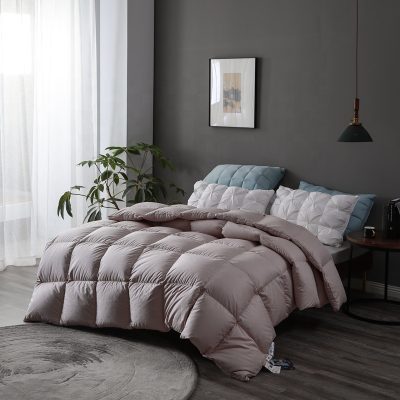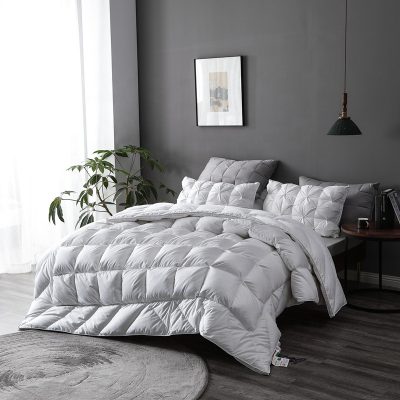It is human instinct to crave sleep. Having a good sleep can not only fully relax and rest the brain, but also ensure the energy for the next day. How can we ensure a good sleep?
1. Light inhibits melatonin and makes you sober
It is not advisable to use mobile phones, pads, etc. when sleeping at night, nor to read under a brightly lit desk lamp.
2. Coffee, tea and wine are not suitable for drinking before going to bed
Coffee and tea both have a refreshing effect and shorten the time of deep sleep; although alcohol can speed up falling asleep, it can also deepen the depth of sleep, but it is easy to wake up people during sleep (people who have been drunk should have a deep understanding); so avoid before going to bed Ingest any diet that may stimulate your nerves and drink a glass of milk.
3. Does food affect wakefulness or sleepiness?
Experiments have found that high protein helps wake up and carbohydrates help sleep. Therefore, breakfast and lunch should eat more high-protein foods, such as eggs, meat. And supper should eat more carbohydrates, such as cereals, fruits. Of course, it is not advisable to eat any food before going to bed.
4. Muscle tightness-relaxation exercises help to sleep better
According to the order from head to toe, tighten and relax each part of the body in turn, paying attention to keeping the rhythm of breathing consistent. Consecutive 15 to 20 minutes will help you fall asleep faster and maintain deeper sleep.
5. Avoid strenuous activities and aerobic exercise before going to bed
Many people like to run at night before going to bed, but running will activate our sympathetic nervous system, causing rapid heartbeat, sweating, and rapid breathing. It takes 2 to 3 hours to calm these symptoms of excitement.
6. The process of body temperature drop helps to produce drowsiness
It is recommended to take a hot bath or hot feet one hour before going to bed to warm up the body, and the process of gradually lowering body temperature will help you fall asleep.
7. Psychological hint: establish the relationship between bedroom, bed and sleep
Try not to do irrelevant things in bed. If you can’t sleep, just get out of bed and do something else, and then go to bed when you feel sleepy.
8. Create a suitable sleeping environment
The layout of the bedroom should help sleep. Try to isolate external light sources and ensure that the indoor temperature is constant at about 25 degrees. A dark and quiet bedroom, a comfortable bed, and a comfortable temperature and humidity can greatly promote sleep.
9. Comfortable bedding
Choose products with high perspiration and high air permeability, such as pure cotton, woolen fabrics, silk, bamboo fiber and linen products. These products can make people’s skin breathe better by dissipating moisture, which helps to improve the quality of sleep. However, materials such as polyester and synthetic satin tend to get hotter as they sleep because of poor air permeability.
10. Hunger therapy: If you have insomnia, try to sleep less!
Many people have varying degrees of insomnia or poor sleep quality, so they try to compensate by the amount, stay in bed and sleep as much as possible. As a result, I slept for eight or nine hours or even more than ten hours a day, but they were still sleepy. In fact, if you can’t sleep well, try shortening your sleep time!








